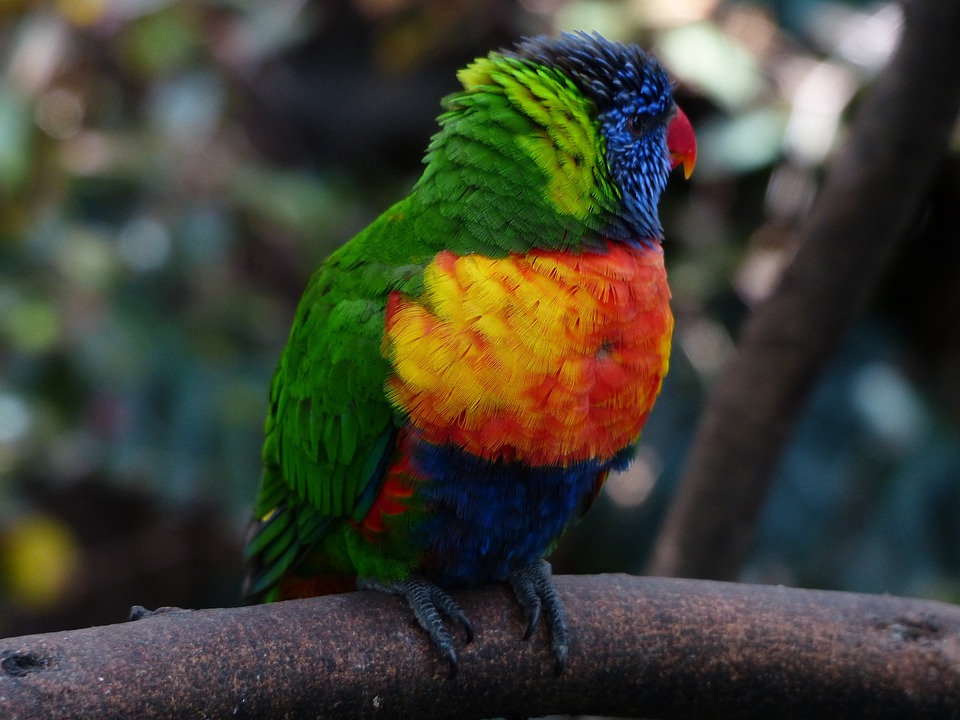Parrots have long fascinated humans with their stunning beauty, intelligence, and ability to mimic various sounds. One behavior that particularly captivates people is their ability to mimic the sound of ringing phones. In this article, we will explore the intriguing world of parrot behavior and unravel the mystery behind this fascinating mimicry.
Parrots, often called “feathered mimics,” possess an incredible talent for imitating sounds and speech patterns. Mimicking is a natural behavior for these birds, serving several purposes in their social interactions and survival strategies. Parrots use mimicry to communicate with other parrots, attract mates, establish territory, and even bond with their human companions.
So why do parrots mimic the sound of ringing phones specifically? Parrots are highly sensitive to environmental sounds and can quickly pick up on repetitive noises, such as the ringing of a phone. When a parrot mimics this sound, it is essentially imitating a sound it has heard repeatedly in its surroundings.
The reasons behind a parrot mimicking a ringing phone can vary. Some parrots may do it out of boredom or as a form of attention-seeking behavior. They have learned that mimicking this sound often results in their owners responding or giving them extra attention. Others may mimic the sound simply because they find it amusing or interesting.
Parrots learn to mimic sounds through a process called vocal learning. They have an exceptional ability to adjust the muscles in their vocal apparatus, called the syrinx, to produce a wide range of sounds. Parrots observe and imitate sounds they hear in their environment, instinctively inclined to imitate sounds that are repeated frequently or associated with rewards, such as attention, treats, or playtime with their owners.
Not all parrot species have the same level of vocal learning abilities. Some species, such as African Greys and Amazons, are highly skilled mimics, while others may have limited or no ability to mimic sounds.
Parrots can mimic a wide range of sounds besides ringing phones. They can imitate human speech, laughter, doorbells, sirens, and even musical tunes. Their ability to imitate sounds is truly remarkable.
Mimicking ringing phones is not harmful to parrots. It is a natural behavior for them. However, excessive mimicking or attention-seeking behaviors may indicate that the parrot is lacking mental stimulation or social interaction. It is important to provide them with a balanced and enriching environment to ensure their overall well-being.
Parrots can be trained to mimic specific sounds or phrases through positive reinforcement techniques. By rewarding them when they imitate the desired sound, you can encourage them to continue doing so.
While there are generally no specific health concerns associated with parrots mimicking sounds, it is important to provide them with a healthy and enriching environment. This includes a balanced diet, regular exercise, mental stimulation, and social interaction.
In conclusion, parrots’ ability to mimic sounds, including ringing phones, is a fascinating behavior that showcases their intelligence and adaptability. Understanding the reasons behind their mimicry and providing them with appropriate mental stimulation and social interaction is crucial for their well-being. So, the next time you hear your parrot imitating the sound of a ringing phone, appreciate the marvel of their remarkable vocal abilities.









